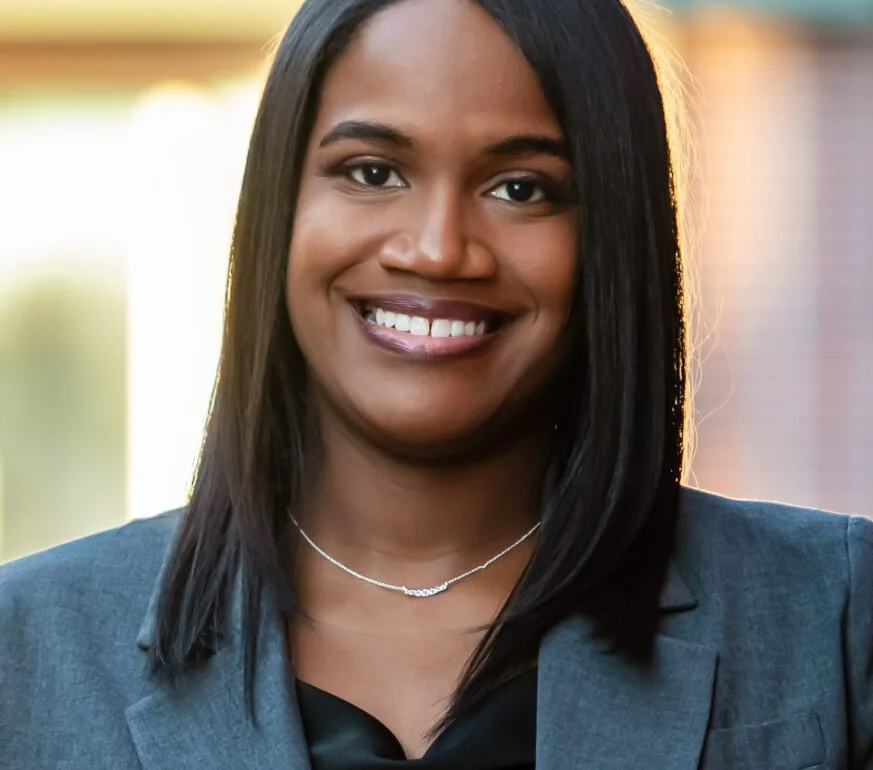
One word: pregnancy. What comes to mind? Usually, positive thoughts as pregnancy is one of life’s most celebrated occasions, often associated with feelings of happiness, excitement, and joy. Imagine, learning you are pregnant, and you carry this new human life for nine months successfully, go into labor, and deliver the baby. You and your family are on cloud nine as you get to feel, see, hear, and smell this newborn baby.
Now imagine, several hours later or maybe several days later after experiencing feelings of exhilaration you now feel physical pain, uncertainty, fear, pending doom- something just isn’t right. Physically this may present as a strange cold sensation, difficulty breathing, chest pain, or dizziness. Imagine, you or your support person at the hospital notifies the nursing staff and asks for help. Imagine your pleas for help are delayed, diminished, or blatantly ignored. What do you think will happen next? For Black women, this scenario is real and occurring in the United States with data showing Black women are three times more likely to die from pregnancy-related complications than white women.
More specifically, Indiana has the third-highest maternal mortality rate in the country as reported by the Indiana Capital Chronicle in 2022. Unfortunately, this data includes a high rate of Black mothers that become victims of preventable pregnancy-related complications that lead to death. The Indiana Maternal Mortality Review Committee found in 2020, that of 92 deaths, 73 were preventable, meaning 73 human lives, 73 mothers, 73 families, 73 babies becoming motherless. 79% of these deaths were preventable; this statistic is terrifying and unacceptable. Black maternal deaths are a public health crisis.
As a Black woman, mother, and nurse practitioner, I have become a maternal health advocate. This is why I have chosen to support an upcoming event called Nourishing Our Roots: Nurturing Conversations on Black Maternal Health. Black Maternal Health Week is an annual observation from April 11-17 to bring attention to the health disparities affecting Black women. To highlight this week, my business, Pace Healing Helpers, which is a premier homecare/caregiving agency in Indiana, has proudly sponsored and partnered with a local nonprofit, MelaMama Maternal Wellness, to organize and host an event to educate the community on maternal-fetal issues in Indiana, encourage action to improve issues, and discuss advocacy and self-care for mothers. My commitment to nursing and service has always been one of educating and caring for the most vulnerable populations. I understand improving maternal outcomes is multifaceted and will require a commitment from various stakeholders – from healthcare professionals, lawmakers, community leaders, and patients and families. I also recognize that reducing maternal mortality has some complexities that will involve increased awareness, advocacy, cultural competency education, eliminating bias and systemic racism, and community support individually and organizationally.
The work we do at Pace Healing Helpers is one that is client-centered and holistic. Our approach specializes with an individualized focus. Maintaining and preserving the integrity, dignity, and safety of all people in the community we serve is paramount. Most households have women that may be mothers serving as the primary caregiver, so issues that affect women and mothers are important to Pace Healing Helpers. We serve primarily seniors, but some of our clients are mother caregivers who care for their children, too. Pace Healing Helpers is on a mission to establish trusting relationships in the community while providing care services in the home. We are focused on four essential values: Performance, achievement, compassion, and excellence. These values guide who we are as a business, how we show up in the community, and why we align with supporting issues such as Black Maternal Health.
As a community, we all have a role in bringing the necessary attention to maternal health disparities and championing change in healthcare policies, cultural competency, community awareness and education and support from community organizations. I urge you to call on your local lawmakers to address policies that can improve maternal health, advocate for yourself or a loved one when visiting with your healthcare provider, attend maternal health related events, speak with local community organizations that support mothers and get involved with organizations like Pace Healing Helpers and MelaMama Maternal Wellness to see how you can learn more and help.
Aliscia Pace, MSN, APRN, FNP-C is the co-owner of Pace Healing Helpers/Nurse Practitioner. Learn more at www.pacehealingservices.com.


